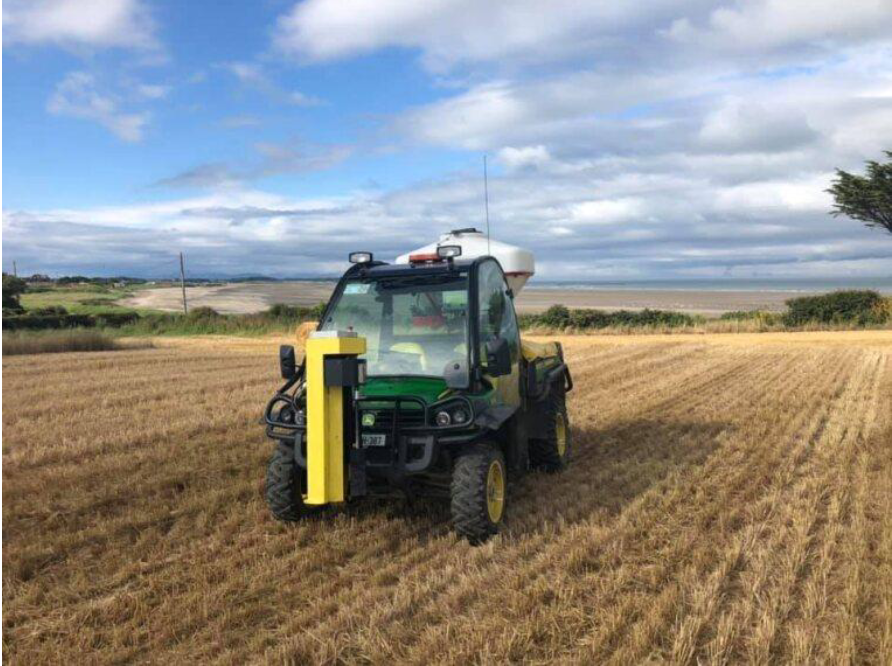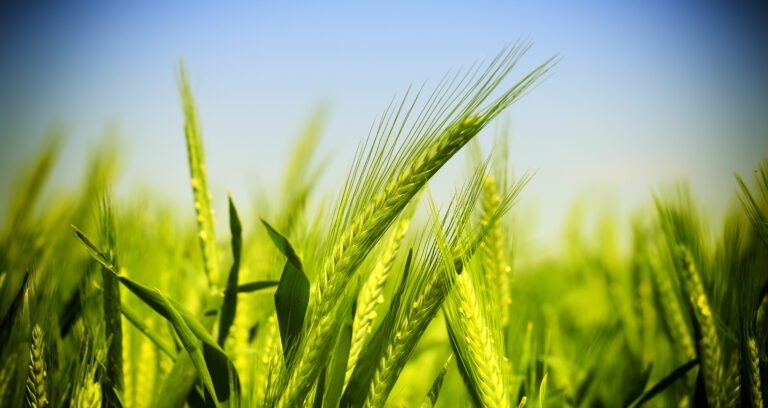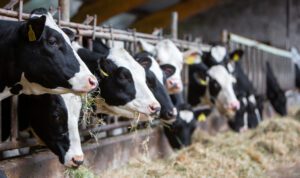News
- For the 2025 season, farmers no longer have to comply with rotation requirements, but must comply with the 2-3 crop rule.
- If you have decided to pull out of the SIM scheme, DAFM must be contacted to avail of the Baling Assistance Payment application.
Reminder
- Harvest payments for 2024 will be made by bank transfer. Please liaise with your Drummond’s Account Manager in order to provide your bank details and ensure no delays to your payment.
Harvest 2024
With most winter crops harvested, the focus now is to get spring crops wrapped up and begin sowing. With the variety of sowing dates, the spring harvest is likely to be a long one.
Winter Oilseed Rape
Winter oilseed rape is an excellent break crop for many reasons such as weed control, disease breaks, spreading workload. Early drilled oilseed rape crops are often stronger going into the winter months. A day’s growth in August is worth a week’s growth in September. Strong autumn vigour is essential to prevent pigeon grazing and ensure that plants grow away from slugs. Drummonds are offering two excellent high yielding varieties PT312 and PT315. Pre-emergence broad leaved weed control is essential in oilseed rape crops.
Winter Barley
The early winter barley harvest offers numerous advantages, including convenience, which aids in spreading the workload during the busy harvest period. Disease management, particularly for Barley Yellow Dwarf Virus (BYDV), is crucial for maintaining healthy crops and achieving optimal yields. Each year Drummonds trials aim to identify varieties with superior disease tolerance and adaptability to local conditions. Recently, varieties are coming onto the market containing both resistant and tolerant genetic characteristics to act against the yield reductions caused by BYDV. Molly is a 2 Row Winter Barley with BYDV tolerance. It has excellent straw strength along with superb disease resistance. This variety will be in strong demand so growers are advised to place orders for seed as early as possible.
Post Harvest Stubble Management
When deciding which fields to cultivate the following points need to be considered:
- Weeds and Volunteers – some weeds need light to break dormancy, for example wild oats. Other weeds need to be buried including sterile brome and blackgrass. It is important to know your field history, especially for problem weeds.
- The rules regarding stubble cultivation state that between 20% and 25% of the cereal area must be left undisturbed for ground-nesting birds.
- Remember, stubble cultivation must occur within 10 days of the straw being removed. Where late harvested crops are grown (maize, beet, potatoes, beans) Or cereal crops harvested after September 15th Or if you are going to sow a winter crop before October 31 there is no need.
- Shallow cultivation is only applicable to selected counties: Carlow, Cork, Dublin, Kildare, Kilkenny, Laois, Louth, Meath, Offaly, Tipperary, Waterford, Westmeath, Wexford, and Wicklow.
- Aim to sow cover crops as soon as the straw is removed.
Soil Sampling
The post-harvest period is a good time to take soil samples. Under the current regulations, you cannot apply phosphorus (P) to an arable soil without a soil sample. The sample must be < 4 years old and represent no more than 5ha of land.
A soil sample taken and tested by September 14th is valid for 2024. If your soil report expires this year, it should be replaced by a sample taken after September 15th to ensure 2025 will begin the next four years.
Drummonds provide a range of soil sampling packages, tailored to your farm requirements. We are able to provide accurate information on soil pH, lime requirements, Phosphorus and other main nutrient levels, organic matter content and also the C.E.C of your soils. Automated GPS technology is available for accurate soil sampling.
Contact your Drummonds advisor to organise soil sampling for your farm.




